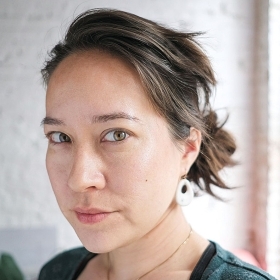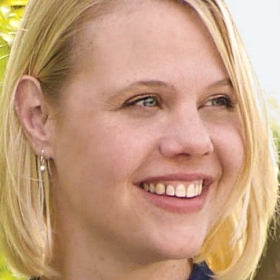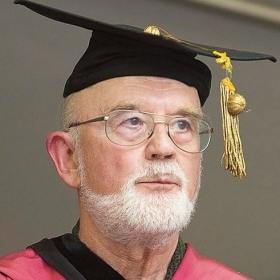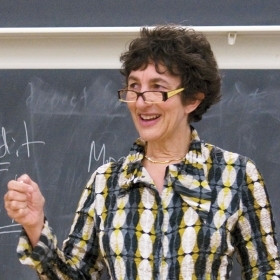Carol Sanger ’70, professor of law at Columbia and renowned scholar of reproductive rights, is the author of About Abortion: Terminating Pregnancy in Twenty-First Century America, which addresses new connections between abortion law and American culture and politics.More
Class Notes
Class Notes By Year
 Photo courtesy of Wellesley College Archives
Photo courtesy of Wellesley College Archives1928
Dorothea Holloway Pflager ’30 and Claire Faitoute White ’30 relax in their room, Severance Hall 201.
ALUMNAE PROFILES
Nina Bhardwaj ’75
A personalized vaccine to fight cancer? It may sound like science fiction or wishful thinking, but it is an idea whose time may finally be coming thanks in part to the work of Nina Bhardwaj ’75, director of immunotherapy at the Tisch Cancer Institute at Mount Sinai in New York City.More

Kimberly Huestis ’05
Since starting her jewelry business, Porcelain and Stone, in 2012, Kimberly Huestis ’05 has made pieces for celebrities, big brands, and private customers. For Madeleine Korbel Albright ’59, she made a mint-colored, gold-speckled brooch based on her best-selling uni necklace—uni…More
In Memoriam

1947–2022
“Our bond with Janet McDonald Hill began 57 years ago when we arrived at Wellesley as members of the class of 1969. … Her voice is now stilled, and our own circle has lost a vital link that can never be replaced,” her classmates write.More

1975–2022
Rebecca Summerhays, lecturer in the College’s Writing Program, was funny, irreverent, brilliant, and beyond kind. She taught those she loved so many, many important lessons—about teaching, about living, about laughing, about caring, about yoga, about meditating, about walking, about searching, about decorating, about loving, and finally, about finding all that is good in this world and celebrating and cherishing it.More

1946–2022
Philip L. Kohl, professor of anthropology and Kathryn Wasserman Davis Professor of Slavic Studies emeritus, served on the Wellesley faculty for 42 years before retiring in 2016. He was a founding member of the College’s anthropology department. Over his years of service, including for more than a decade as chair, Phil helped establish a vision of the anthropology department as the most broadly conceived of social sciences, stretching from the ancient past to our imagined collective future.More





